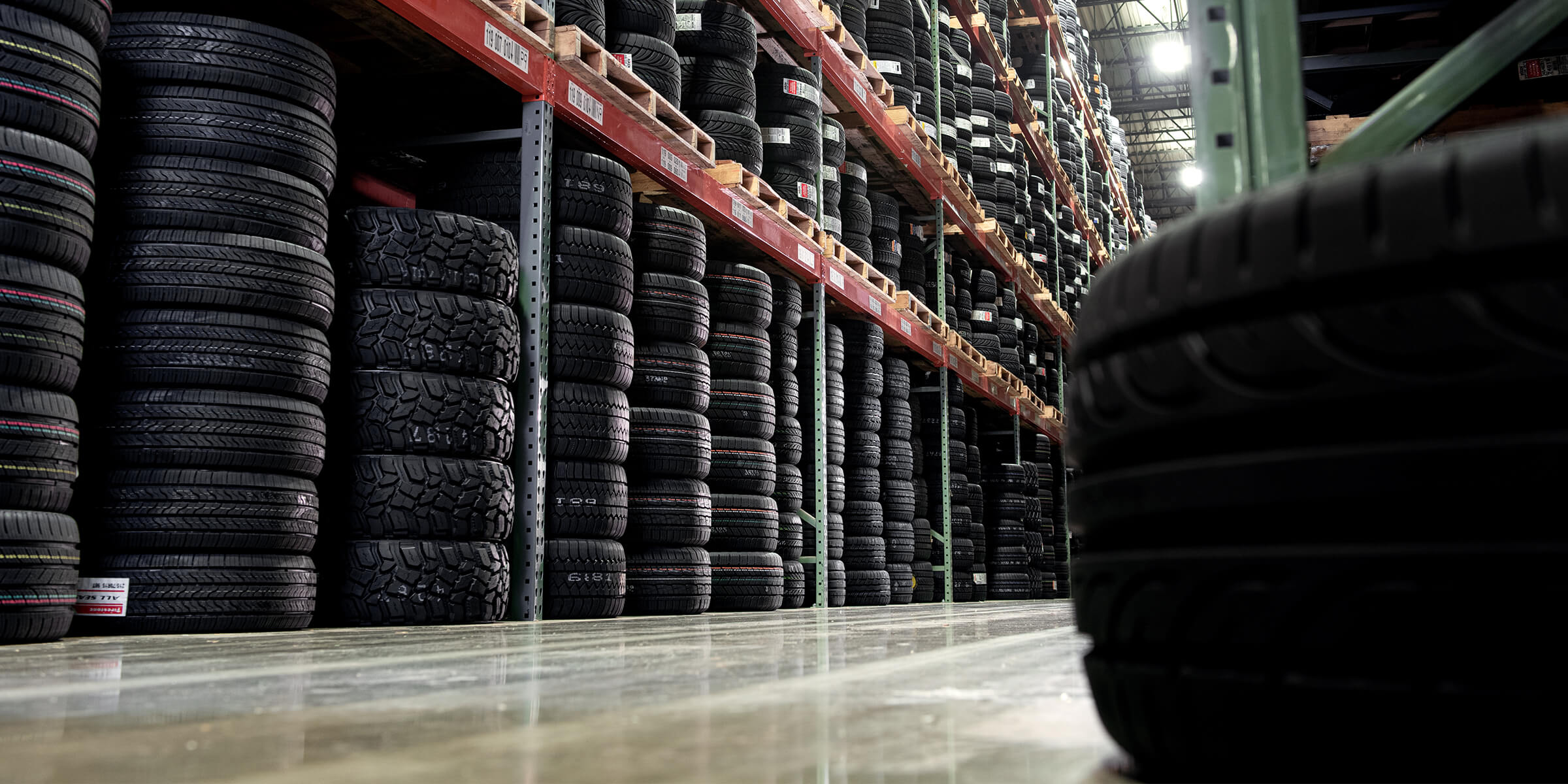Specialist Morris Tire and Alignment: Improve Your Lorry's Performance
Specialist Morris Tire and Alignment: Improve Your Lorry's Performance
Blog Article
Tire Service: The Influence of Weather
When it comes to making certain ideal efficiency and safety when driving, recognizing the influence of climate condition on tire solution is essential. From scorching heat to icy roadways, each weather condition element can dramatically affect tire functionality and overall driving experience. By diving into the effects of differing climate problems on tires, chauffeurs can acquire useful understandings that may improve their vehicle's efficiency and durability. In this conversation, we will certainly check out the detailed relationship between weather and tire solution, shedding light on the significance of weather-specific tire upkeep techniques and considerations.
Warm and Tire Efficiency
When exposed to heats, tires experience adjustments in efficiency that can dramatically impact lorry safety and handling. The warmth created from prolonged driving or heat conditions triggers the tire rubber to soften, causing reduced step life and enhanced wear. As the rubber becomes softer, the tire's grip when driving diminishes, impacting stopping ranges and general grip. In severe instances, extreme warm can also trigger tire blowouts, posturing a serious safety and security risk to the lorry and its occupants.
Additionally, high temperature levels can speed up the process of tire aging, triggering the rubber to deteriorate faster. This can cause splits, protrudes, and other forms of damages that endanger the structural integrity of the tire. To alleviate the impacts of warm on tire efficiency, motorists should regularly check their tire stress, revolve tires to make certain also wear, and inspect for any kind of indications of damages. Furthermore, utilizing tires especially created to hold up against high temperatures can assist preserve optimum performance and security on the road.
Cold Climate Results
Winter problems can have a significant effect on tire efficiency and safety. As temperatures decrease, tire rubber can set, leading to lowered grip on icy or snow-covered roadways. In chilly weather, tires may likewise lose air pressure extra swiftly, which can impact dealing with and fuel effectiveness. Additionally, chilly temperatures can trigger tire sidewalls to stiffen, boosting the danger of damage from fractures or various other roadway hazards.
To reduce the impacts of winter on tires, it is vital to routinely examine tire stress and inflate them to the supplier's advised levels. Making use of winter season or all-season tires developed for winter problems can also improve traction and grip on icy or snowy roads - mopar tire service specials. Appropriate tire upkeep, consisting of regular inspections for wear and damage, becomes a lot more important throughout cooler months to make sure ideal performance and safety and security
Rainy Issues Effect
Tires with damaged footsteps are much more vulnerable to hydroplaning, where a layer of water builds up between the tire and the roadway surface, leading to loss of grip. To battle this, drivers need to regularly inspect their tires for appropriate tread deepness and think about spending in tires specifically created for damp conditions.

Snow and Tire Safety And Security
Snow-covered roadways present one-of-a-kind challenges for vehicle drivers, stressing the value of appropriate tire option and maintenance. When driving in snowy Get More Information conditions, having the ideal tires can make a substantial difference in safety and efficiency. Winter season tires are developed with unique rubber compounds and step patterns to offer better grip on snow and ice contrasted to all-season tires. The deeper treads and sipes of winter months tires assist grasp the roadway much better, lowering the threat of gliding and slipping.
In addition to making use of winter season tires, it is critical to ensure they are appropriately inflated. Cold weather can trigger tire pressure to go down, influencing traction and handling (morris tire and alignment). Routinely examining and keeping the correct tire stress is vital for optimal performance in snowy problems

Weather-Related Tire Upkeep
Weather-related tire maintenance encompasses an array of methods aimed at ensuring optimum tire feature and longevity in various weather condition situations. One key facet of weather-related tire upkeep is tire pressure law. Checking tire tread regularly and changing tires when walk wear reaches a particular depth is essential for preserving traction and security in unfavorable climate.
Final Thought
In final thought, weather problems have a significant influence on tire performance and safety and security. From warm influencing tire pressure and put on to winter minimizing grip, it is important to think about the climate when preserving and making use of tires. Rainy conditions can reduce grip and lead to hydroplaning, while snow can raise the danger of crashes if tires are not properly furnished. Weather-related tire upkeep is crucial in ensuring optimum performance and security when driving.
In this discussion, we will certainly explore the elaborate connection between weather problems and tire service, dropping light on the importance of weather-specific tire maintenance techniques and factors to consider.

Report this page